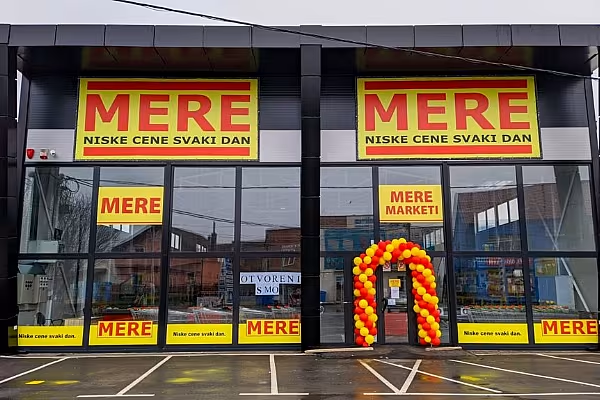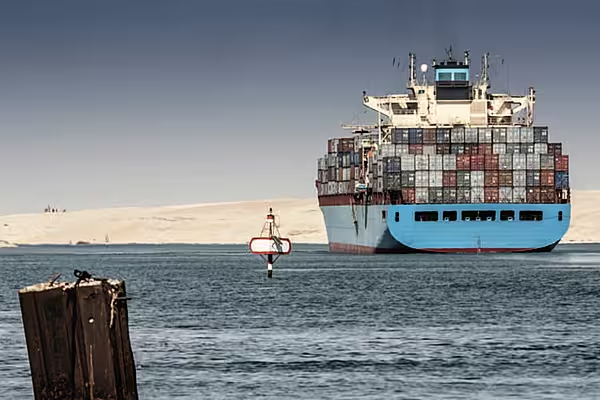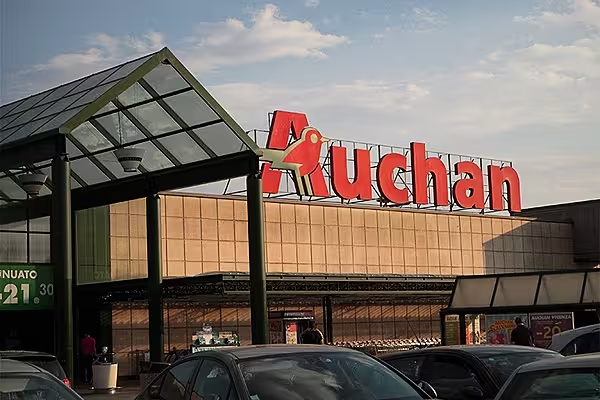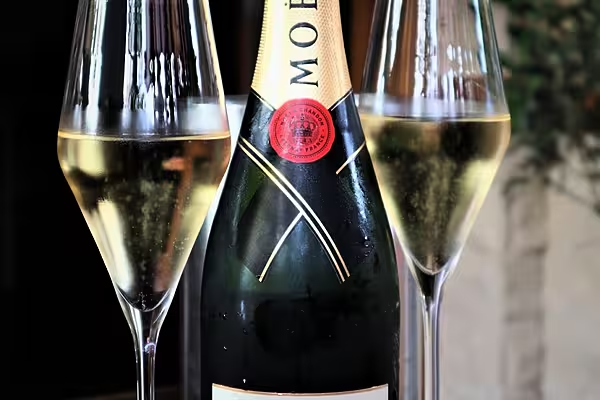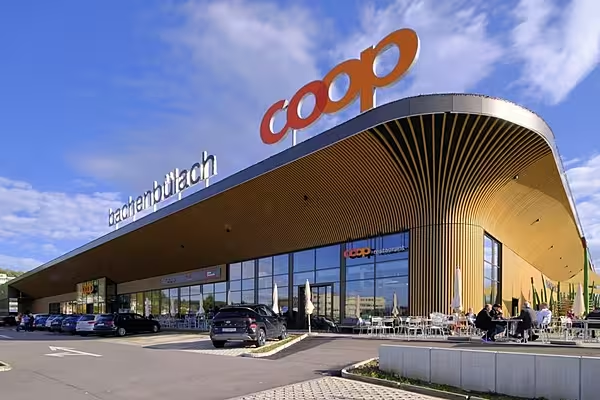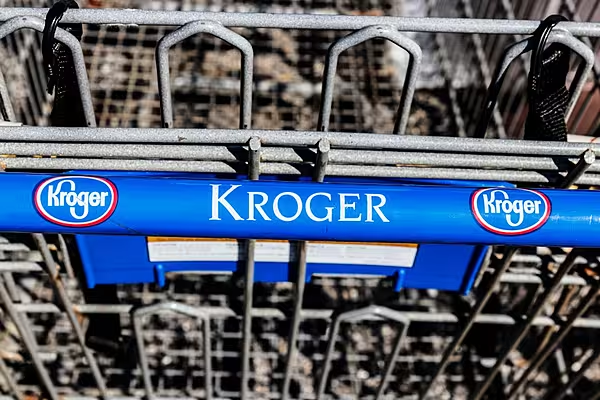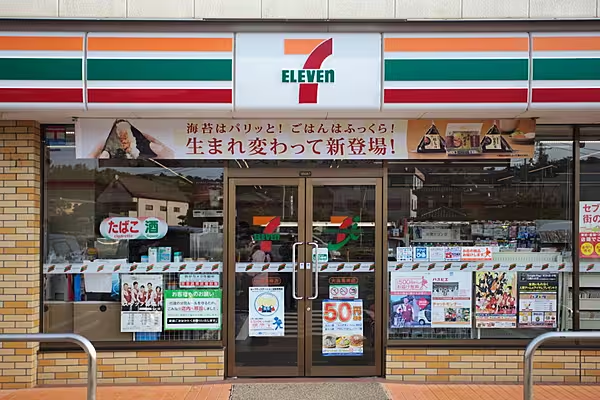Russian discount supermarket chain Mere, known for its no-frills approach to retailing, is setting its sights on Hungary.
According to an email sent to potential suppliers in February, obtained by Hungarian news portal Haszon, the company has ambitious plans to open 200 stores within the next three years, with an initial focus of 20 stores in Budapest and the surrounding area over the course of the coming 12 months.
Founded in 2009, Mere has to date opened around 2,500 stores in 20 countries, including Belgium, the Czech Republic, Estonia, Kazakhstan, Russia, China, Germany, Poland, Lithuania, Latvia, Romania, Vietnam, Belarus, Azerbaijan, Serbia, Spain, and Greece.
The Mere Approach
The retailer operates in a similar manner to Aldi and Lidl, albeit with a more simplified model, offering a limited selection of around 1,500 everyday SKUs at significantly discounted prices.
This is achieved through direct manufacturer partnerships, strict cost controls, and minimal markups.
Mere stores are typically around 1,000 square metres and feature a minimalist layout, with products displayed on pallets and boxes. Their target customer base is families with average or below-average incomes.
The product range at the Hungarian stores will likely consist mainly of Mere's private-label brands, encompassing everyday groceries, household products, and beverages.
Mere's European expansion faced a setback in 2022 due to sanctions imposed following the Russia-Ukraine war, where several stores were forced to close in Austria, Belgium, France, Germany, Spain, and the UK. The retailer has since launched again in Belgium, this time under the name MyPrice.
Focus On Central And Eastern Europe
Mere has shifted its focus to Central and Eastern Europe, where the fragmented retail market and smoother supply chains offer better opportunities.
This strategy is evident in Serbia, where the number of stores tripled from 13 to 30 in a year, generating €48 million in sales. Similarly, its two dozen stores in Lithuania brought in €50 million in revenue last year. Industry experts believe Hungary aligns well with this revised strategy.
Despite facing some international sanctions, Mere (known as Svetofor in Russia) is experiencing domestic success. According to press reports, its sales revenue jumped 40% last year, reaching €5 billion.
